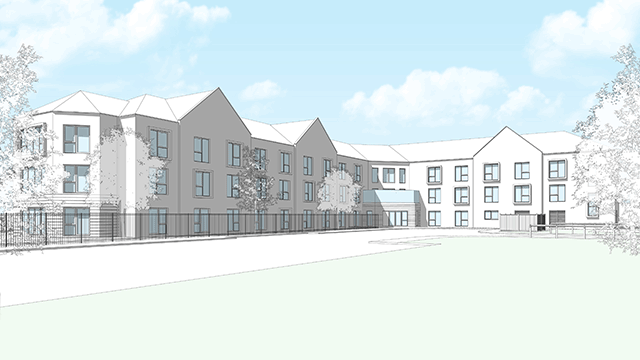U+I has launched an initiative to try to improve the reputation of public private partnerships and demonstrate best practice.
Following a six-month consultation with various parties from both the public and private sectors, the regeneration specialist has committed to establishing an independent community challenge panel, to be led by a new non-executive director, to monitor and police best practice across its schemes.
As part of the commitment, U+I will also share any profit it makes above an agreed projected return with its public partner and directly with the community via a community profit-share arrangement.
The developer has also committed to establishing a community engagement fund, a specific budget through planning performance agreements on all its PPP schemes that will enable community organisations to be better equipped to engage more effectively in the planning process.
U+I chief executive Matthew Weiner said: “For a long time, the term PPP has been tarnished and we recognise that in many cases developers may have lost the trust of partners and communities, but we also recognise the huge value that PPP can deliver to the towns and cities of the UK.”
Public private partnerships are often opposed by local communities, as evidenced by Haringey Council’s controversial development vehicle agreement with Lendlease – a £2bn project that was abandoned and led to council leader Claire Kober quitting.
Weiner said: “PPP quite often gets confused with private finance initiative and other public sector outsourcing. I think Philip Hammond abandoning PFI as a mechanism is quite helpful in distinguishing between the two, but there is definitely some degree of mistrust and misunderstanding about what PPP is.”
U+I found that while 78% of British adults agreed that public sector organisations should ensure their unused land is used to provide housing and create new places for the local community and that 56% agreed local authorities should work with the private sector to do this, some 45% still had negative opinions about the use of PPP to develop publicly-owned land.
“This concept of landing a space ship in a community and expecting it to go well is clearly wrong,” said Weiner. “People want to feel part of the process. The local people have the biggest stake in the community, they’re the people who live there. We have to recognise that and change the way in which we engage.”
While the community challenge panel, profit sharing and community funds are a U+I initiative, Weiner was hopeful that through its own positive engagement with authorities and local communities, other developers would follow suit.
To send feedback, e-mail samantha.mcclary@egi.co.uk or tweet @samanthamcclary or @estatesgazette











